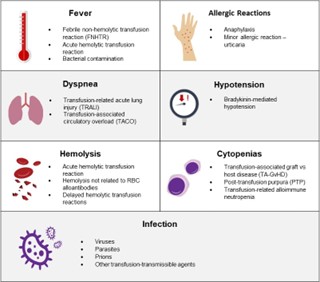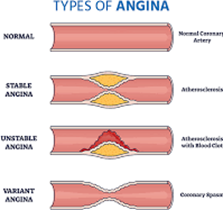The nurse is caring for a client who recently had surgery on her left hip. What should be the priority teaching for the patient after surgery to prevent complications?
Use of the incentive spirometer
Breathing rapidly to prevent pneumonia.
There is no need to teach the patient after surgery.
Use of chest tube
The Correct Answer is A
The use of an incentive spirometer is essential after surgery to prevent complications such as pneumonia and atelectasis. Atelectasis is the collapse of air sacs in the lungs, which can occur after surgery due to decreased respiratory effort and shallow breathing. An incentive spirometer helps the patient take deep breaths and increase their lung volume, preventing these complications.
Breathing rapidly to prevent pneumonia (option b) is not recommended as it can lead to hyperventilation and other respiratory complications.
Option c is incorrect because patient education is a crucial aspect of post-operative care, and the patient needs to be aware of the potential complications and how to prevent them.
The use of a chest tube (option d) is not usually required after hip surgery, and it is not a priority teaching for the patient.
Nursing Test Bank
Naxlex Comprehensive Predictor Exams
Related Questions
Correct Answer is A
Explanation
Difficulty breathing is a sign of a potential transfusion reaction. When a client reports difficulty breathing during a blood transfusion, the nurse should stop the transfusion immediately to prevent the reaction from worsening. Once the transfusion is stopped, the nurse can then assess the client's vital signs and notify the healthcare provider of the client's response. Documentation of the findings should also be completed after the client's condition has stabilized. However, stopping the transfusion takes priority over documenting the findings.

Correct Answer is B
Explanation
During exercise, the heart has to work harder to pump blood and oxygen to the muscles. In patients with stable angina, there is a partial blockage of the coronary arteries, which reduces blood flow and oxygen delivery to the heart muscle. This lack of oxygen to the heart muscles causes chest pain or discomfort, which subsides when the patient stops exercising and is relaxed.
Therefore, it is important for the patient with stable angina to avoid activities that trigger chest pain, take prescribed medications, and make lifestyle modifications to manage their condition.

Whether you are a student looking to ace your exams or a practicing nurse seeking to enhance your expertise , our nursing education contents will empower you with the confidence and competence to make a difference in the lives of patients and become a respected leader in the healthcare field.
Visit Naxlex, invest in your future and unlock endless possibilities with our unparalleled nursing education contents today
Report Wrong Answer on the Current Question
Do you disagree with the answer? If yes, what is your expected answer? Explain.
Kindly be descriptive with the issue you are facing.
